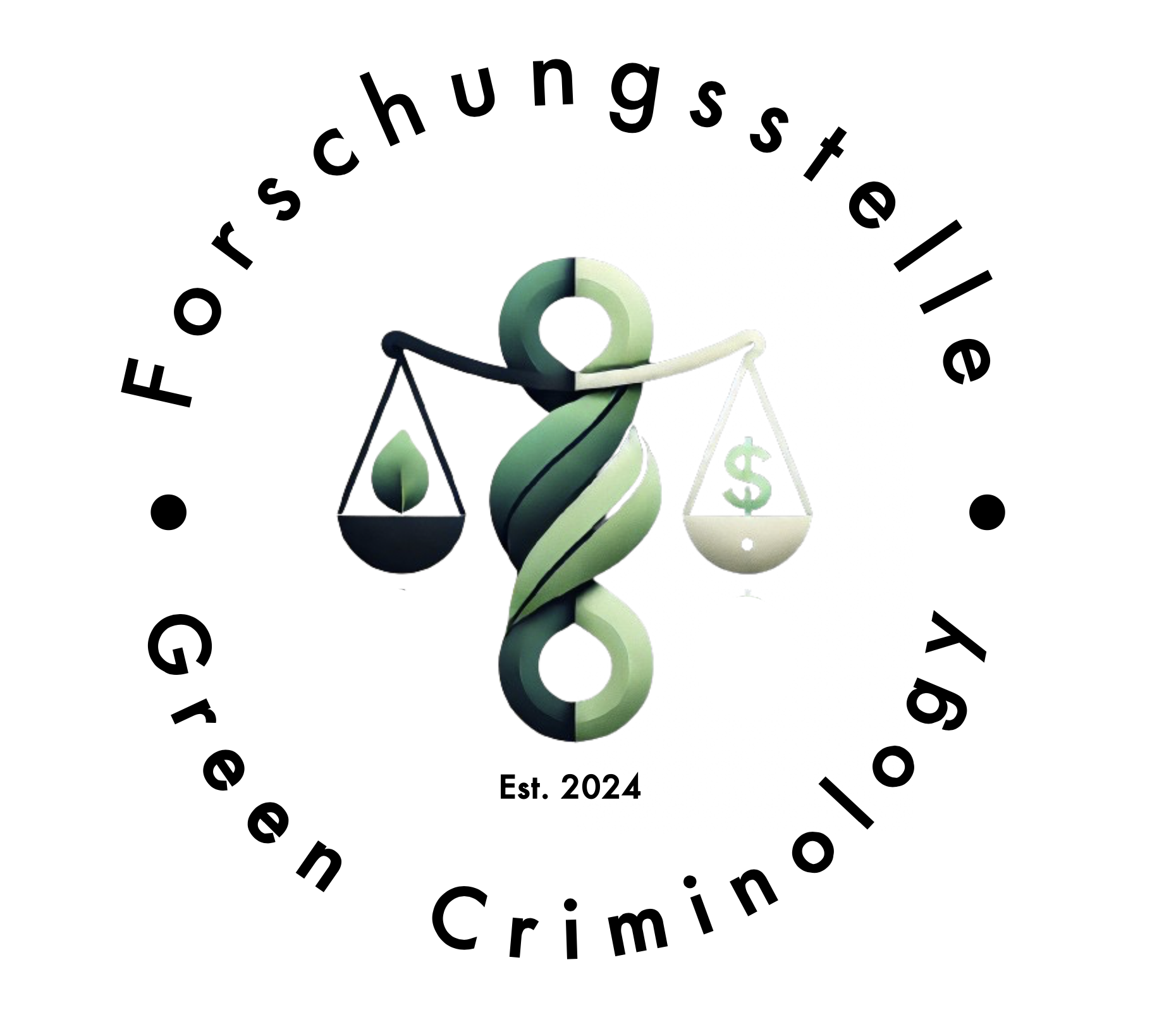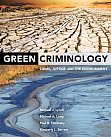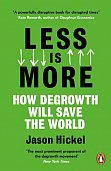
Contact
JProf. Dr. Lucia Sommerer
green.criminology@jura.uni-...
Universitätsplatz 6
06108 Halle (Saale)
Research Institute: Green Criminology
"Criminology focuses attention largely on controlling the behaviors of the powerless, while ignoring how the ecological crimes of the economically powerful contribute to the accumulation of wealth through ecological destruction."
- Michael Lynch et al. 2017
Research area
Green Criminology is a growing field within criminology that focuses on the study of environmental crimes and harmful behaviors against the environment. The term was first coined in the 1990s by Professor Lynch and has since evolved into a significant area within criminological research. Green Criminology examines the social, economic, and political conditions that contribute to environmental harm, as well as the role of criminal law and other social mechanisms in preventing and punishing such offenses.
Founded in 2024 by Assistant Professor Lucia Sommerer, the research institute with an explicit focus on this subfield of criminology in Halle is the first of its kind in Germany.
Typical research areas within Green Criminology include:
- Wildlife trafficking: The illegal trade in endangered species, which contributes to species extinction and the loss of biodiversity.
- Illegal logging: The destruction of forests, often in protected areas, with devastating impacts on the climate and ecosystems.
- Illegal waste disposal: This includes the illegal dumping of toxic chemicals, improper agricultural practices, and the export of electronic waste, all of which cause long-term damage to soils and water resources.
- Exceeding permitted CO2 emission limits: Environmental crimes where companies or states exceed established emission limits, exacerbating climate change.
- Overfishing and marine ecosystem destruction: Illegal fishing and practices like bottom trawling, which damage the oceans and threaten marine species.
- Environmental activists: This area of research examines how environmental activists contribute to the advancement of environmental protection norms. It further researches how environmental activists are victims of violence and intimidation. It also explores how states criminally prosecute activists, shedding light on the broader implications for environmental justice and policy development.
Research perspectives
Green Criminology is an interdisciplinary field that integrates elements of criminology, sociology, environmental science, and law to develop a comprehensive understanding of environmental crime and its consequences.
Green Criminology is divided into three primary research perspectives:
1. Environmentally harmful behavior sanctioned by criminal law: This includes offenses such as illegal dumping, pollution, poaching, and illegal logging, which are already subject to criminal prosecution in many countries.
2. Borderline behavior: This focus area examines behaviors that are harmful to the environment but where it is unclear whether they fall under existing criminal laws, or where there is debate over whether new laws are needed to criminalize such actions.
3. Environmental harm, regardless of existing criminal laws: This perspective investigates environmental harms, regardless of whether there are existing laws that address them. The aim is to assess the damage and explore potential legal or societal responses.
The key focus of the research institute is on perspective 2 as well as tracing the connections between environmental destruction in the Global South and the contributions of the Global North, particularly Germany, to these issues. Through intensive research into these relationships, the institute aims to provide scientific insights and contribute to the development of preventive and legal measures that protect our environment.
Currently, the research institute is investigating the criminal liability of German banks for financing environmentally harmful projects in the Amazon rainforest.
Introductory readings
Lynch et al., Green Criminology: Crime, justice, and the environment, 2017

This book provides a comprehensive overview of the field of Green Criminology from an environmental harms perspective (perspective 3 above).
Hickel, Less is More: How Degrowth Will Save the
World 2020

In this book, Hickel challenges the conventional focus on economic growth as a measure of progress and argues for a degrowth approach to create a more sustainable and equitable world. The book provides valuable insights into the environmental impact of continuous economic expansion.
Further literature is listed under Lehre -> Literatur Green Criminology.




